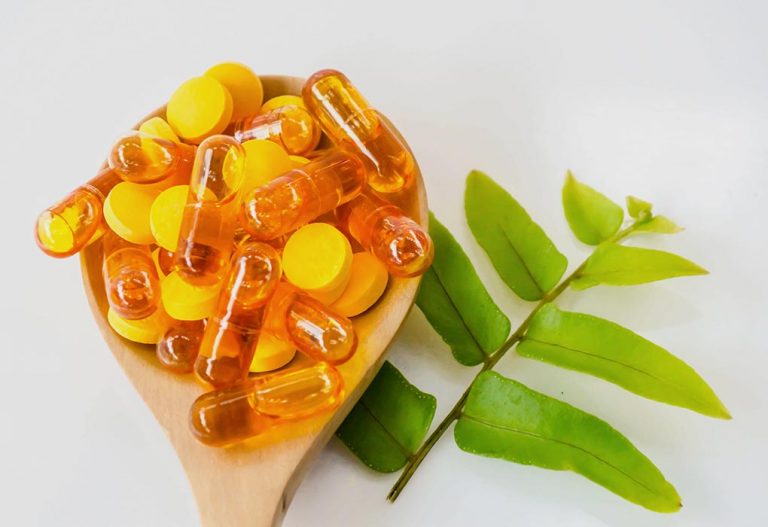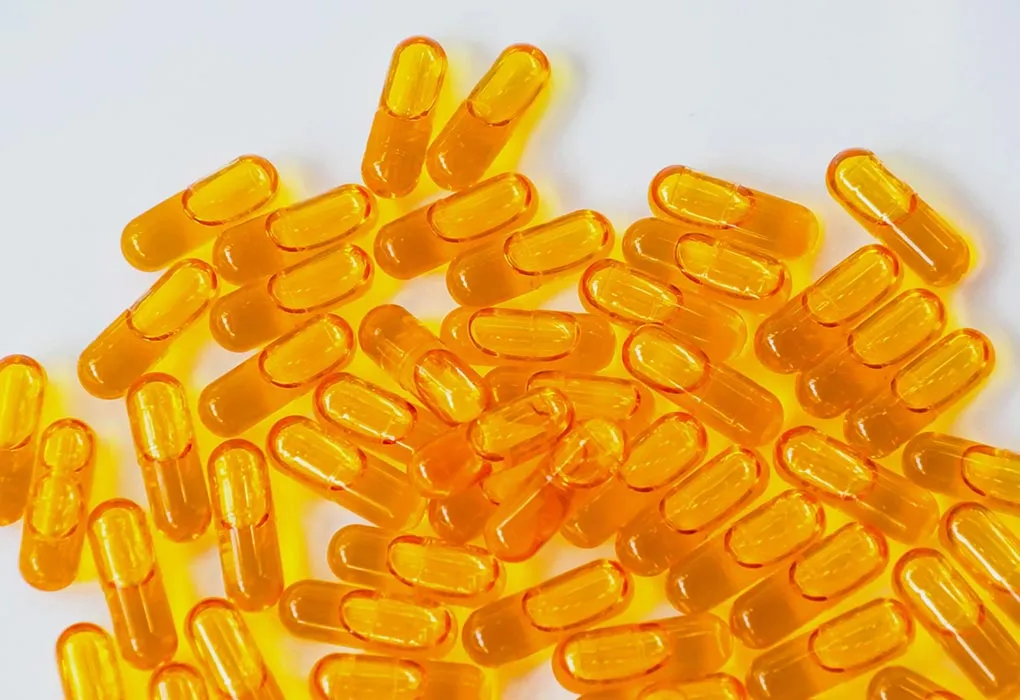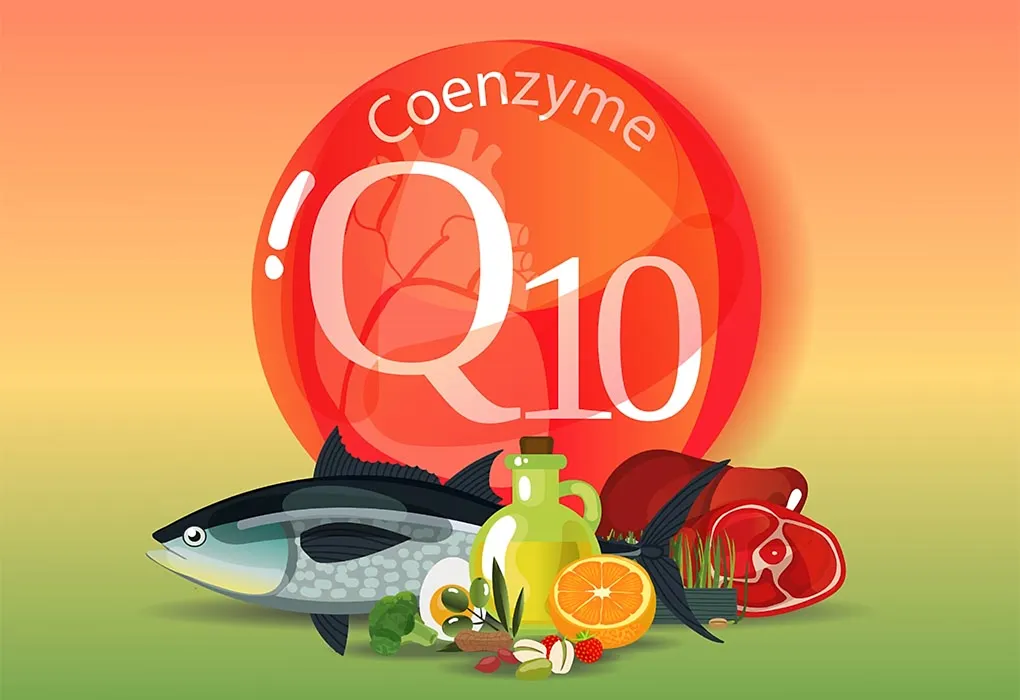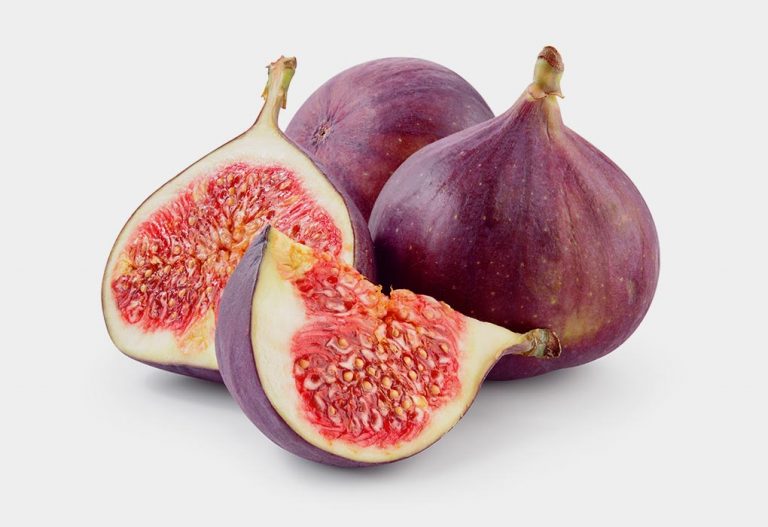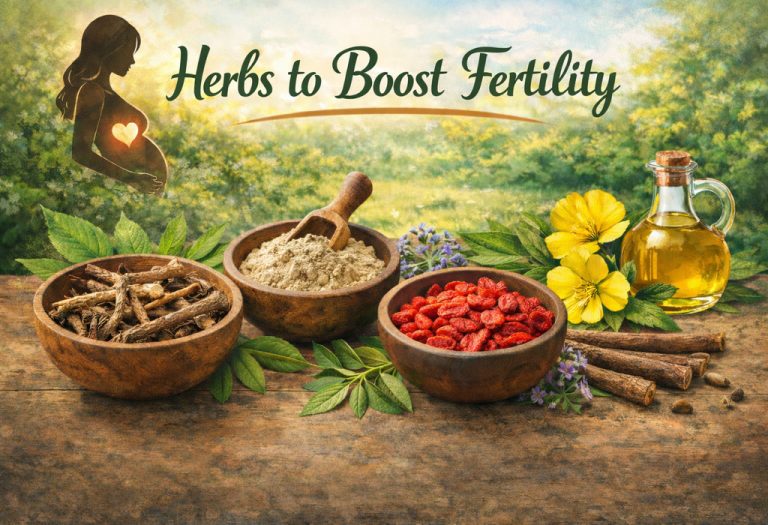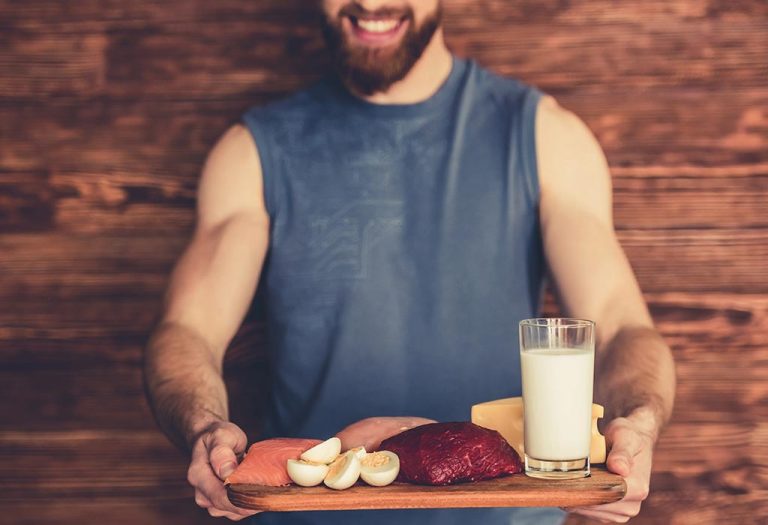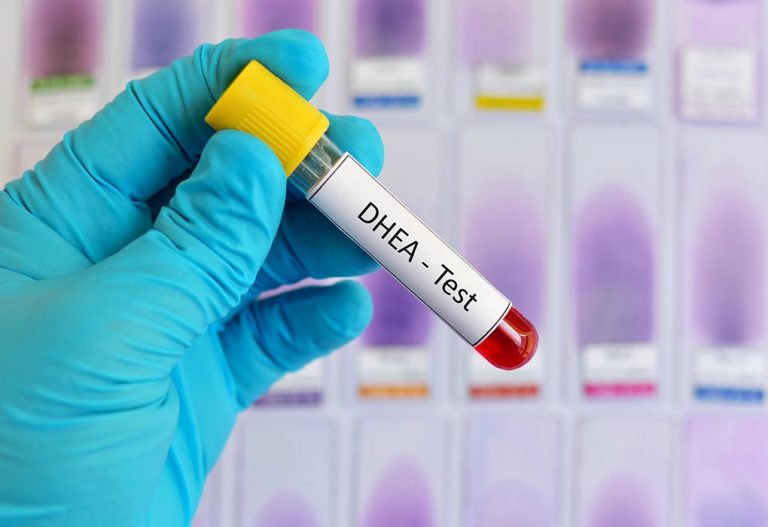Coenzyme Q10 (CoQ10) for Fertility

The administration of CoQ10 is usually recommended to many couples who are trying to get pregnant. Coenzyme Q10 for fertility is increasingly popular due to its potential benefits for both men and women. From improving the health of eggs to boosting sperm count, CoQ10 has been known to have multiple effects, as observed in mice and during human trials. This powerful antioxidant helps enhance mitochondrial function, crucial for cellular energy production and overall reproductive health. Even with IVF, it has been observed that the presence of CoQ10 has made it easier to develop healthier embryos. Couples looking to enhance their chances of conception may consider discussing CoQ10 supplementation with their healthcare provider to understand the appropriate dosage and potential benefits for their specific situation. Read on to understand the benefits of CoQ10 for fertility.
What Is Coenzyme Q10 and How Does It Work?
Termed as ‘body supplement’, Coenzyme Q10 is used majorly to help with conditions such as soreness of the muscles, migraines, heart-related issues, and so on. It is also used in many cases for correcting infertility as well.
To understand the effects of CoQ10, it is important to know how our body works in the first place. Every cell within the body is powered by the mitochondria, which play a major role in cell division as well as decay. CoQ10 supports these mitochondria in various ways. When it comes to infertility, CoQ10 is vital to keep the eggs in a woman’s body healthy. In case their quantity is on the lower side, the eggs may not hold themselves when they are fertilized. Many women also tend to experience a miscarriage, menopause that occurs quite early in life, as well as infertility.
Do CoQ10 Levels Fall With an Increase in Age?
Before going ahead with figuring out the benefits of Coenzyme Q10 for male fertility, it is necessary to know whether there is a need to take it externally to supplement the levels in the body. Many doctors have found that the CoQ10 levels in the body start reducing as we age.
It is a natural process of our body to experience less energy as we get older. This causes a drop in the energy that can be supplied to certain essential processes within us. If the mitochondria do not power our cells optimally, the cells interpret the signals as a sign of decay and begin to destroy themselves. This is primarily why many older women experience damage to their eggs or find them to be ineffective.
By intake of CoQ10, the cells would be powered effectively again and result in a probability of better egg health and an overall increase in fertility, too.
How Does CoQ10 Help With Male Fertility?
CoQ10 helps in improving fertility in men as well. Here’s how!
- The presence of CoQ10 directly impacts the presence of antioxidants within the body. These pretty much act as a defence of sorts, protecting the sperms from oxidative damage and allowing them to thrive.
- The relationship between CoQ10 and male fertility is highlighted by its role in enhancing sperm quality and function. The optimal levels of CoQ10 help boost the sperm count in a man. Similarly, the motility of the sperms also begins to improve, as a result of developing a proper structure that helps them to propel ahead easily A meta-analysis by Lafuente et al. reported improvements in sperms concentration and motility, as well as an increase in seminal CoQ10 levels.
- A lot of environmental factors and lifestyle habits such as exposure to the sun, cigarette smoking, and stressful circumstances can affect the body of a man in different ways. Most of those end up in the release of free radicals in the body, which tend to break down healthy cells all around. CoQ10 helps protect the body from these effects as well.
How Does CoQ10 Help With Female Fertility?
With regards to helping women with CoQ10 fertility, egg quality tends to be the major point of focus as the results of its impact. The functioning of CoQ10 itself is the key to making that happen.
- On a general basis for all humans, the presence of CoQ10 is highly essential as it helps in supplying the energy that is needed by various cells in our body to carry out their respective functions.
- The relationship between CoQ10 and female fertility is particularly important as it influences the energy production necessary for egg development. Age plays a major factor in terms of fertility in women. With the increase in age, the supply and the quality of eggs that are generated within the body begin to dip rapidly. For the eggs to be fertilized successfully, they need to mature up to a certain point so that they can implant successfully and grow into a foetus.
- A high amount of energy is required for this process, which is derived from ATP, or adenosine triphosphate. This is where CoQ10 comes in. It helps boost the levels of ATP in the body, which provide the energy that is required by the eggs to mature properly.
Food Sources of CoQ10
Most of the CoQ10 is generated by the body itself so there are few external sources that can provide the same to you. The major ones that can help you with it are:
- Meat products
- Oily varieties of fish, such as tuna and salmon
- Meat items, such as liver or sardines
- Nuts like sesame seeds and pistachios
- Fruits like strawberries and oranges
- Leafy vegetables like spinach, broccoli, cauliflower, etc.
CoQ10 Supplements for Fertility
When it comes to supplements, CoQ10 ubiquinol and ubiquinone are the two options between which you need to choose the one right for you.
Ubiquinol CoQ10 is usually recommended as a better form of the enzyme to be consumed since a smaller dosage of it has the same effect as that of ubiquinone at a higher one. It’s also easier to absorb. Large doses of ubiquinone have been observed to have a better effect, too. But that should only be adhered to if suggested by your doctor or any nutritionist.
How to Know If You Should Take Coq10 Supplements or Not
If you are 30 years of age or older and the health of your eggs are not that great, CoQ10 supplements might be recommended to you as a means of correcting the same.
Recommended CoQ10 Dose for Fertility
In terms of CoQ10 for fertility, it’s highly important to note how much to take before starting off on a dose of the same. Consult with your doctor for the same.
1. For Men
Men may be advised to take 200 mg of ubiquinol to help boost overall sperm health.
2. For Women
Women are usually advised to take ubiquinol, which is mostly available in doses of 100mg or 200mg based on your health and needs.
Cautionary Tips While Taking CoQ10
Understanding CoQ10 fertility side effects are just as important to keep in mind a few cautionary tips before consuming the enzyme.
- The enzyme could react with medications used to control your blood pressure.
- Any treatments such as chemotherapy and glaucoma can interfere with CoQ10 functioning.
- If you’re undergoing parallel fertility treatments, intake of CoQ10 will require a doctor’s approval.
FAQs
1. Can CoQ10 improve fertility in older women?
CoQ10 can potentially improve fertility in older women by enhancing egg quality and mitochondrial function. As women age, the natural levels of CoQ10 in their bodies decline, which can affect the energy production needed for egg maturation. Supplementing with CoQ10 may help counteract this decline, supporting better egg health and increasing the likelihood of successful conception and pregnancy. However, individual results can vary, and it is advisable to consult a healthcare professional for tailored recommendations.
2. How long does it take for CoQ10 to show effects on fertility?
The time it takes for CoQ10 to impact fertility can vary depending on individual circumstances, but studies suggest that it may take approximately three to six months for noticeable improvements. This timeframe allows CoQ10 to accumulate in the body and exert its beneficial effects on cellular energy production, egg and sperm quality, and overall reproductive health. Consistency in supplementation and following a healthcare provider’s guidance can help optimize results.
This was all about Coenzyme Q10 and fertility. The CoQ10 fertility success rate may not be as massive as most of the other treatment procedures out there. However, it is one of the natural ways that allows the body to build up its strength and improve fertility from within, and it can ultimately help a woman get pregnant.
References/Resources:
1. Alahmar. A; The impact of two doses of coenzyme Q10 on semen parameters and antioxidant status in men with idiopathic oligoasthenoteratozoospermia (Clinical and Experimental Reproductive Medicine); National Library of Medicine; https://www.ncbi.nlm.nih.gov/pmc/articles/PMC6736512/; August 2019
2. Xu. Y, Nisenblat. V, Lu. C, Li. R, et. al.; Pretreatment with coenzyme Q10 improves ovarian response and embryo quality in low-prognosis young women with decreased ovarian reserve: a randomized controlled trial (Reproductive Biology and Endocrinology); National Library of Medicine; https://www.ncbi.nlm.nih.gov/pmc/articles/PMC5870379/; March 2018
3. Ben-Meir. A, Burstein. E, Borrego-Alvarez. A, Chong. J, et. al.; Coenzyme Q10 restores oocyte mitochondrial function and fertility during reproductive aging (Aging Cell); National Library of Medicine; https://www.ncbi.nlm.nih.gov/pmc/articles/PMC4568976/; June 2015
4. Akarsu. S, Gode. F, Isik. A, Dikmen. Z, Tekindal. M; The association between coenzyme Q10 concentrations in follicular fluid with embryo morphokinetics and pregnancy rate in assisted reproductive techniques (Journal of Assisted Reproduction and Genetics); National Library of Medicine; https://www.ncbi.nlm.nih.gov/pmc/articles/PMC5427661/; February 2017
5. Izadi. A, Ebrahimi. S, Shirazi. S, Taghizadeh. S, et. al.; Hormonal and Metabolic Effects of Coenzyme Q10 and/or Vitamin E in Patients With Polycystic Ovary Syndrome (The Journal of Clinical Endocrinology & Metabolism); National Library of Medicine; https://pubmed.ncbi.nlm.nih.gov/30202998/; February 2019
6. Ahmadi. S, Bashiri. R, Ghadiri-Anari. A, Nadjarzadeh. A; Antioxidant supplements and semen parameters: An evidence-based review (International Journal of Reproductive BioMedicine); National Library of Medicine; https://www.ncbi.nlm.nih.gov/pmc/articles/PMC5203687/; December 2016
7. Liu. Z; Relative bioavailability comparison of different coenzyme Q10 formulations with a novel delivery system (Alternative Therapies In Health And Medicine); National Library of Medicine; https://pubmed.ncbi.nlm.nih.gov/19284181/
Also Read:
Best Herbs to Boost Fertility
Apple Cider Vinegar to Boost Fertility
Super Effective Ways to be More Fertile
Best Foods That Can Boost Your Fertility
Essential Oils to Boost Fertility in Men and Women
Natural Ways to Increase Fertility in Men and Women
Was This Article Helpful?
Parenting is a huge responsibility, for you as a caregiver, but also for us as a parenting content platform. We understand that and take our responsibility of creating credible content seriously. FirstCry Parenting articles are written and published only after extensive research using factually sound references to deliver quality content that is accurate, validated by experts, and completely reliable. To understand how we go about creating content that is credible, read our editorial policy here.






